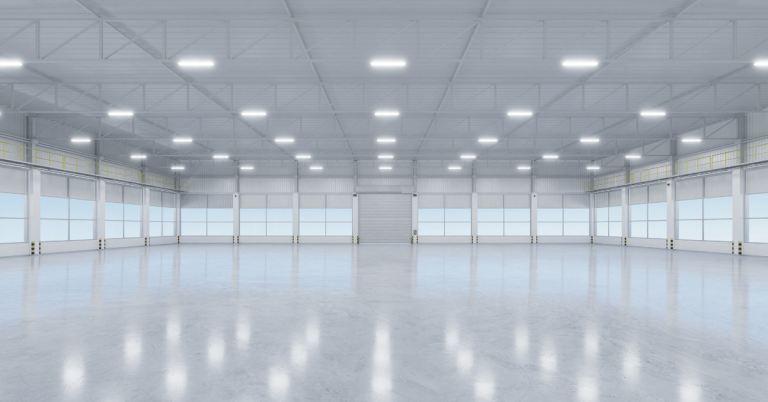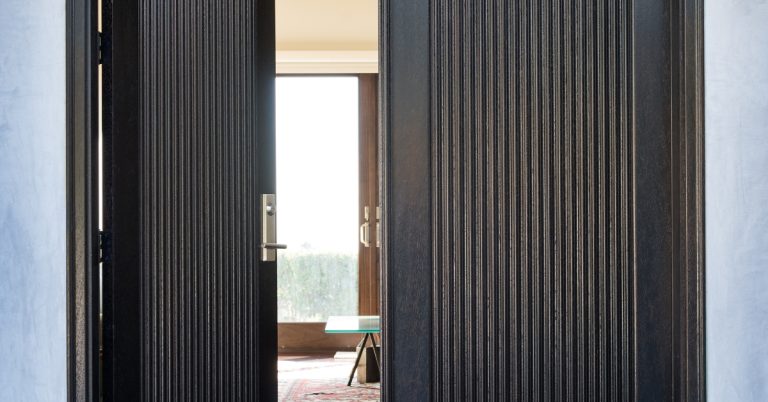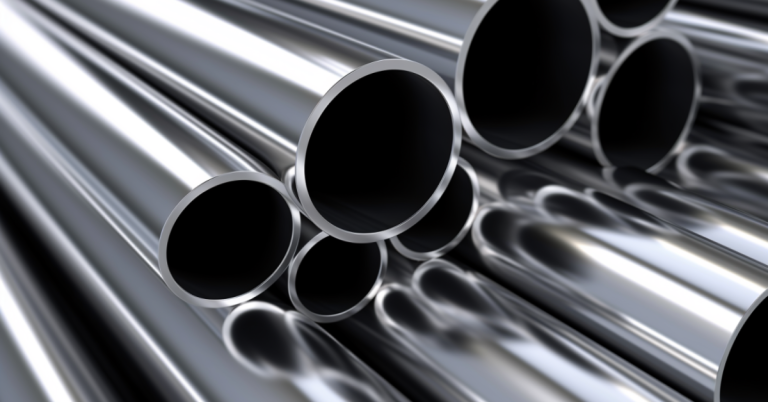Exhaust Materials: Choosing the Right Components for Maximum Performance
When it comes to performance and efficiency in automotive engineering, the choice of exhaust materials plays a vital role. Whether you’re building a high-performance race car, upgrading a daily driver, or fabricating a custom exhaust system, selecting the proper materials ensures durability, longevity, and performance. This guide explores the different types of materials used in exhaust systems, their applications, pros and cons, and how to make the best choice based on your needs.
What Are Exhaust Materials?
Exhaust materials refer to the metals and alloys used to fabricate exhaust system components, including pipes, mufflers, headers, and catalytic converters. These materials are designed to handle extreme heat, resist corrosion, and maintain strength under pressure.
Common Components Made from Exhaust Materials:
- Headers and manifolds
- Downpipes
- Catalytic converters
- Resonators
- Mufflers
- Exhaust tips
Key Considerations in Choosing Exhaust Materials
1. Heat Resistance
Exhaust systems operate under intense heat—often exceeding 800°C (1472°F). Materials must withstand thermal expansion without cracking or warping.
2. Corrosion Resistance
Since exhaust systems are exposed to moisture, salt, and road grime, corrosion resistance is crucial for longevity, especially in wet climates or off-road vehicles.
3. Strength-to-Weight Ratio
Lightweight materials reduce the overall weight of the vehicle, improving acceleration and fuel efficiency. However, strength cannot be compromised in high-performance applications.
4. Weldability
Ease of fabrication is important for custom systems. Some materials are easier to weld and form than others.
Most Popular Exhaust Materials Explained
1. Mild Steel
Mild steel is one of the most affordable materials and is commonly used in budget or stock exhaust systems.
Pros:
- Cost-effective
- Easy to weld
Cons:
- Poor corrosion resistance
- Limited lifespan without coating
Best for: Budget builds, temporary systems
2. Aluminized Steel
Aluminized steel is mild steel coated with an aluminum-silicon alloy to enhance corrosion resistance.
Pros:
- Better rust resistance than mild steel
- Affordable
Cons:
- Not ideal for high-performance use
- Coating wears off over time
Best for: Mid-range vehicles, light-duty usage
3. 409 Stainless Steel
A popular choice in OEM and aftermarket systems, 409 stainless steel offers good heat and corrosion resistance.
Pros:
- Durable under high temperatures
- Reasonably priced
- Good weldability
Cons:
- Surface rust may form
- Not as aesthetic as other stainless grades
Best for: Trucks, performance daily drivers
4. 304 Stainless Steel
304 stainless steel is the industry standard for high-end exhaust systems. It contains high levels of chromium and nickel, making it extremely resistant to rust and heat.
Pros:
- Excellent corrosion resistance
- High strength
- Great appearance
Cons:
- More expensive
- Requires more skill to weld
Best for: Performance cars, racing applications, marine vehicles
Explore premium Stainless Exhaust Materials available from SSCustoms for long-lasting performance.
5. Titanium
Titanium is ultra-light and strong, often used in high-end motorsport or aerospace-grade builds.
Pros:
- Exceptional strength-to-weight ratio
- Rust-proof
- Performs well at extreme temperatures
Cons:
- Very expensive
- Difficult to weld
Best for: Racing, aerospace, exotic car builds
Stainless Steel: The Gold Standard in Exhaust Materials
Among all material types, stainless steel remains a top choice for performance and reliability. Whether it’s a turbocharged engine or a naturally aspirated track car, stainless steel delivers the durability needed for long-term performance.
Why Choose Stainless Steel?
- Long service life
- Maintains appearance
- Withstands extreme environments
- Compatible with high-heat applications
At SSCustoms, you can find a wide selection of stainless exhaust materials including mandrel bends, V-band clamps, and mufflers tailored to meet your performance goals.
Comparing Exhaust Material Grades
| Material | Corrosion Resistance | Heat Resistance | Cost | Weldability |
|---|---|---|---|---|
| Mild Steel | Poor | Moderate | Low | Excellent |
| Aluminized Steel | Moderate | Moderate | Low-Mid | Good |
| 409 Stainless | Good | High | Moderate | Excellent |
| 304 Stainless | Excellent | Very High | High | Moderate |
| Titanium | Excellent | Very High | Very High | Difficult |
The Role of Exhaust Materials in Performance
A vehicle’s exhaust system isn’t just about sound or aesthetics—it’s directly tied to performance:
- Thermal Efficiency: Better materials reduce heat soak, improving horsepower.
- Flow Optimization: Smooth, corrosion-free materials maintain consistent airflow.
- Noise Reduction: Material thickness affects exhaust tone and sound dampening.
- Weight Reduction: Lightweight materials help improve overall vehicle dynamics.
Real-World Applications
Street Cars
For most daily drivers, 409 stainless steel or aluminized steel provides a balance between cost and durability.
Off-Road Vehicles
Mud, water, and salt require high corrosion resistance. 304 stainless steel is ideal for rugged, all-terrain vehicles.
Performance Builds
Track cars and turbocharged setups benefit greatly from 304 stainless or titanium exhausts, which can handle the extra heat and pressure.
Show Cars
Looks matter as much as function. 304 stainless steel provides a polished finish that holds up over time.
Custom Fabrication: Selecting the Right Materials
If you’re building a custom exhaust system, material choice is key. Consider your budget, climate, horsepower goals, and future upgrades. For welders and fabricators, 304 stainless is versatile enough for headers, mufflers, and full systems.
Recommended Tools and Techniques:
- TIG welding for stainless and titanium
- Mandrel bending for smooth airflow
- V-band clamps for leak-proof connections
Looking to build a high-performance exhaust setup? Browse premium-grade exhaust materials including pipes, bends, and V-band kits from SSCustoms.
Future Trends in Exhaust Materials
With increasing demand for electric vehicles, traditional exhaust systems may become less common. However, for hybrid and performance builds, the importance of durable, lightweight materials will remain.
Emerging Trends:
- Inconel alloys for motorsports
- Ceramic-coated stainless for heat management
- 3D-printed titanium for custom headers
Final Thoughts
Choosing the right exhaust materials isn’t just about picking a metal; it’s about matching the material to the purpose. Whether you’re working on a performance vehicle, a weekend off-roader, or a show car, the right choice will maximize your exhaust system’s life, appearance, and performance.
From stainless steel for reliable performance to titanium for elite builds, quality exhaust materials make all the difference.
Start your project the right way by exploring premium Stainless Exhaust Materials from SSCustoms—trusted by automotive fabricators and performance enthusiasts across Australia.





